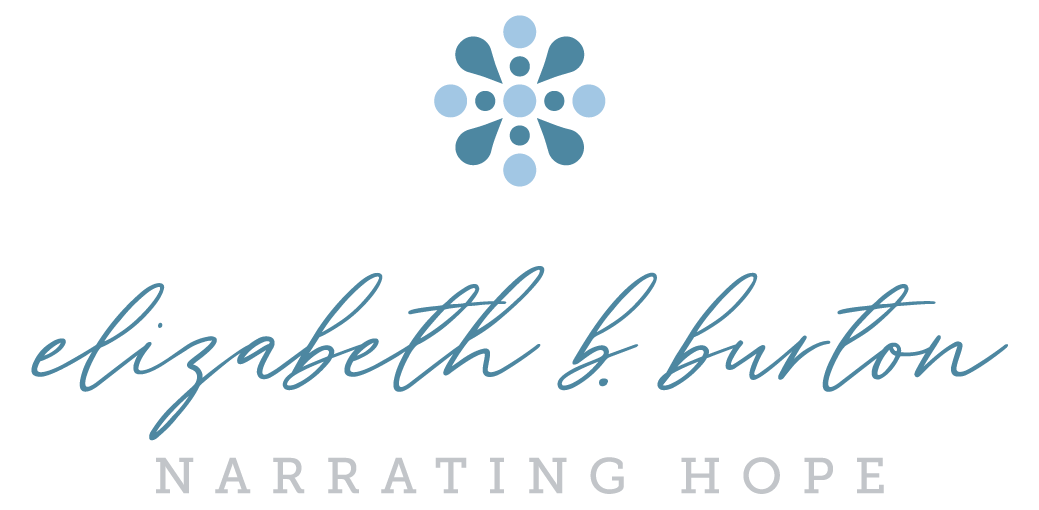Life Transitions: Grounding Yourself in the Midst of the Unknown
In the throes of a life transition, many times life feels so foggy. Often we find ourselves feeling adrift, untethered, and without certainty. It’s like we are in a new land where everyone speaks a foreign language. This uncertain place can be experienced no matter the life transition. Perhaps if we move to a new city, state, or country we may identify with this analogy the most, and yet life transitions of other sorts can bring up the same dynamic.
We are a stranger to this new normal. We are in unfamiliar territory. We have lost our bearings. We are exhausted--physically and yet so much moreso in an emotional and mental sense. Our senses are often affronted by all the adjustment taking place--the quiet in our house as we desperately miss someone who used to be with us, the adulting we are faced with when we just want to relax, the mothering our child needs when we are missing our own mother, the job loss, the identity crisis, the uprooting, the diagnosis, and the list goes on.
While certain life transitions and adjustments can be exciting at times, they also can be incredibly difficult as they can rock us to the core around who we are and what grounds us. And yet there is an invitation in the midst of a life transition to dig deep towards what we know to be true.
Consider if you are truly traveling to a new land. In packing for this anticipated move, you might pack some treasures that link what’s behind to what’s ahead. This can take many forms, but may look like packing your grandmother’s cookbooks, the family Bible, some photographs, a plant rooting from your father’s garden, etc. In this way you are intentionally linking what you know to what you do not know. You are bridging aspects and seasons of your life to one another.
If you can identify with this, consider reflecting on what you know to be true. Ground yourself in deep, meaningful ways around things like spirituality and values that you hold to be true no matter what you are walking through. This may look like garnering strength from a verse or quote that reminds you of what is solid even when the world is spinning around you. This may look like centering prayer and practicing kindness.
Then consider moving to smaller grounding practices that are not so deep. Instead these are more simple--like simple pleasures that you can feel and taste. A framework for these small grounding practices is tuning into your five senses. What do you like to listen to? What do you like to taste? Continue practicing these things even in the midst of a significant life adjustment. This may look like continuing to pour yourself a steaming cup of green tea or pulling weeds from the garden while noticing the sounds, sights, and feelings around you.
By practicing this concept of digging deep and grounding yourself even through simple practices as you walk through a life transition, it does not mean that it will be easy, yet you may find that your feet feel more solid under you a little quicker--that there is more confidence in your step even if the path before you is foggy. You may find that in rooting yourself, you also open yourself up to the future. You are holding space for the past, but not clinging to the past. Your posture is facing forward. Your stance is open. Your footing is solid.
Elizabeth B. Burton is a licensed professional counselor and life coach with Burton Counseling, PLLC. You can learn about Elizabeth here and about services provided here. Elizabeth also works with groups by providing workshops and speaking opportunities. Elizabeth communicates about mental health and well-being through both the Narrating Hope newsletter and podcast as well as through her writing. Elizabeth would love to connect with you and welcomes you to sign up for the newsletter, listen in to the podcast, reach out about working together, and connect on social media.

